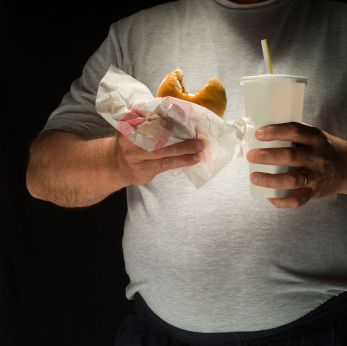
by admin | Feb 20, 2012 | Natural Facts, Newsletter thru 2013
Noting that studies show that calorie postings in fast-food restaurants do little to deter diners from overeating, two university professors wondered what would happen if restaurant staff simply asked customers if they would like to downsize rather than supersize...

by admin | Nov 17, 2011 | Health Conditions
New studies are helping to combat the obesity epidemic by offering clues about why we gain weight and the best ways to lose it. Research published in October 2011 in the New England Journal of Medicine found that hormones may influence appetite regulation and,...




